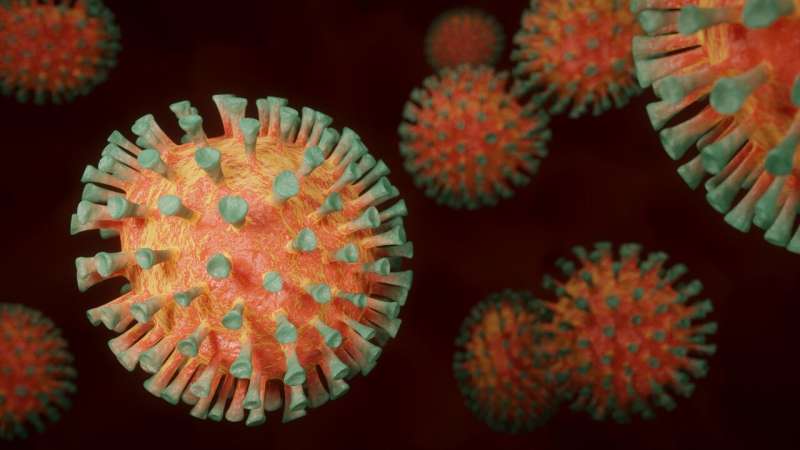Understanding How SARS-CoV-2 Continues to Evolve: Insights from Long-Term Lab Research

Recent long-term studies reveal SARS-CoV-2's remarkable ability to mutate, with recurring changes that can predict future variants and inform vaccine development.
Researchers have conducted extensive long-term studies to track the mutation patterns of SARS-CoV-2, the virus responsible for COVID-19. Their findings, published in the Journal of Virology, reveal that the virus demonstrates remarkable adaptability, with certain mutations emerging repeatedly across different strains. This consistency suggests that some genetic changes are inherently favored by the virus, regardless of environmental pressures.
Initially, during the early stages of the pandemic, Australian scientists aimed to understand how the virus would evolve over time. By examining live virus samples from major variants—such as alpha, delta, and omicron—they observed how these strains mutated when grown in Vero E6 cells, a type of monkey kidney cell commonly used in virology research. Through serial passaging, where the virus is transferred repeatedly between cell cultures over dozens of generations, researchers gained insights into the natural mutation process free from immune system influences.
Contrary to expectations, the virus did not weaken during these experiments; instead, it continued to develop new mutations, some of which appeared independently across multiple strains—a process known as convergent evolution. Many of these mutations occurred in the spike protein, which the virus uses to infect human cells, but changes were also noted in other parts of the genome. Some of these genetic shifts have been associated with decreased vaccine efficacy.
The study highlights that many mutations arise not solely to evade immunity but also due to the virus's structural and functional properties. While lab conditions differ from real-world scenarios, these findings suggest that SARS-CoV-2 possesses an innate capacity to adapt, an aspect likely to continue as the virus encounters new environmental pressures, including immune responses and treatments.
The researchers emphasize that their work provides valuable data that can aid in predicting future variants, ultimately supporting the development of vaccines and treatments. All sequencing data from the study have been publicly shared, enabling other scientists to further analyze how SARS-CoV-2 evolves and to enhance preparedness against upcoming variants.
In conclusion, understanding the virus’s mutation tendencies in controlled environments offers critical insights into its long-term evolution, helping inform public health strategies and vaccine design efforts in our ongoing battle against COVID-19.
Stay Updated with Mia's Feed
Get the latest health & wellness insights delivered straight to your inbox.
Related Articles
Experts Confirm No Link Between Paracetamol Use During Pregnancy and Autism Risk
Scientific research confirms that paracetamol use during pregnancy does not increase autism risks. Experts warn against misinformation that can cause unnecessary anxiety among expectant mothers.
Revolutionary AI Tool Achieves 96% Accuracy in Assessing Fertilization-Competent Human Sperm
A novel AI model developed by the University of Hong Kong achieves over 96% accuracy in identifying human sperm capable of fertilization, promising to revolutionize fertility diagnostics and treatments worldwide.
New Discoveries Reveal Diverse Roles of Proteins in Brain Communication
New research uncovers the multifaceted roles of α2δ proteins in brain signaling, with implications for neurological disorder treatments.



